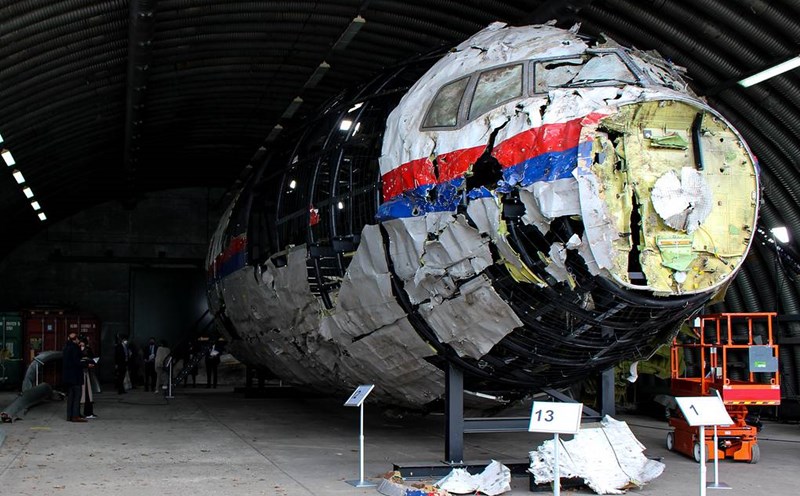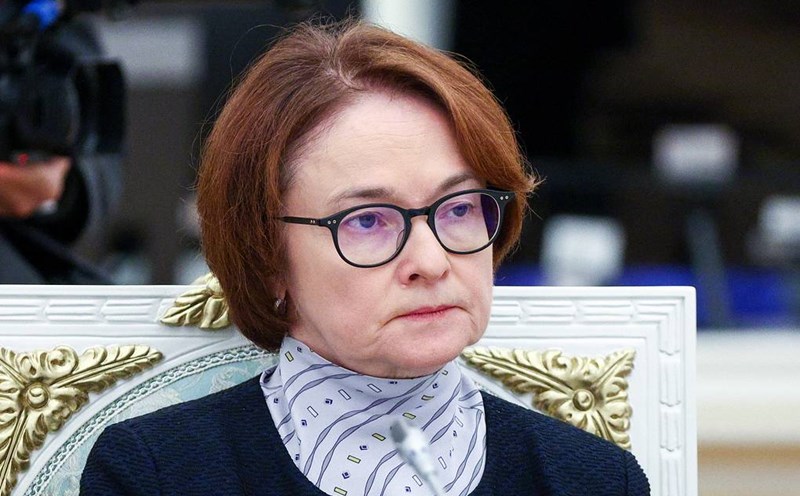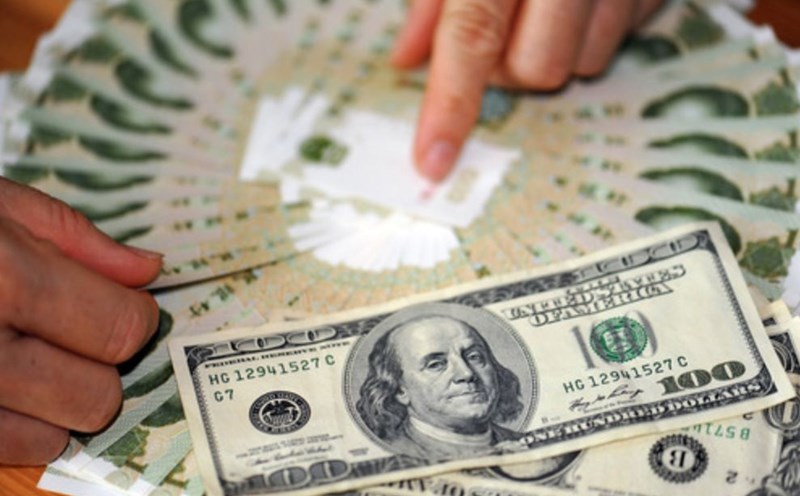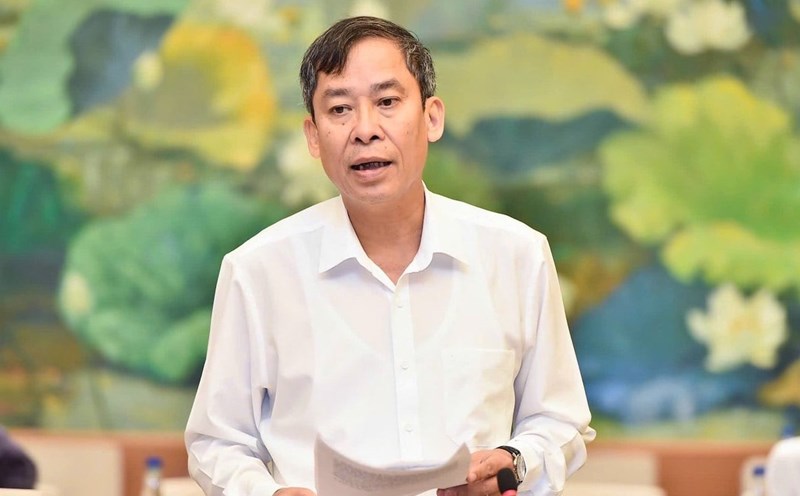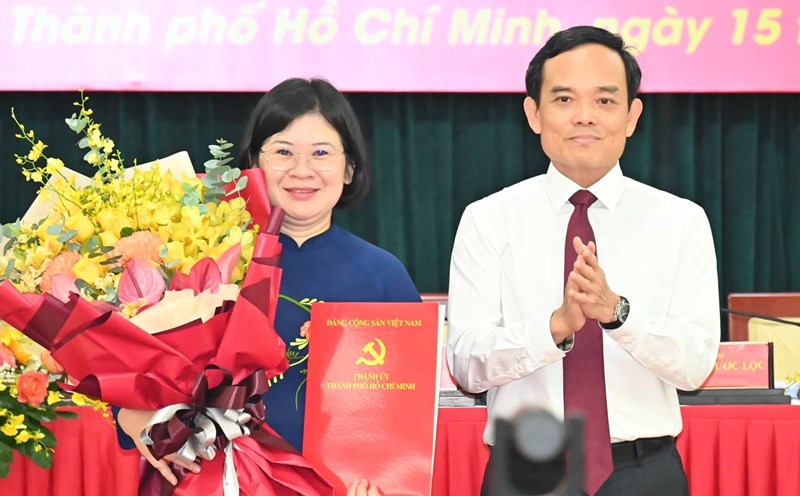At the Moscow Financial Forum, Russian Finance Minister Anton Siluanov first revealed details about Russia and China's plans to build an independent storage system to replace Euroclear and Clearstream - two Western "giants" that control most of the international payment and securities deposits.
Siluanov said that the two Finance Ministries of Russia and China are discussing the option of establishing a new storage center, allowing Russian and Chinese investors to freely buy and sell securities with each other without barriers or restrictions.
The goal is to create a mechanism for our investors to feel secure in pouring capital into the stock exchanges of the two countries, instead of being completely dependent on the Western system, Mr. Siluanov emphasized.
According to the Russian Finance Minister, this mechanism will operate almost no differently from Euroclear and Clearstream in terms of technology. The key is that access and control are in the hands of Russian-China investors, rather than depending on European institutions.
Euroclear (founded in 1968, headquartered in Brussels, Belgium) and Clearstream (headquartered in Luxembourg) are the two largest international payment and storage systems in the world. However, since the Russia-Ukraine conflict broke out, both organizations have frozen the assets of the Russian state and many Russian investors, causing heavy damage and depriving them of asset management rights.
Siluanov said that building an alternative system would disrupt the monopoly of Euroclear and Clearstream, and open a new financial cooperation channel between Moscow and Beijing.
This move not only has strategic significance for Russia but also opens up great opportunities for China in internationalising the financial market. An independent bilateral storage system will help investors of the two countries avoid the risk of asset freezes, while affirming the weight of Russia and China in establishing a new "playing rule" outside the Western orbit.
However, analysts say that building a storage system to replace Euroclear is a difficult task, requiring close coordination in technology, legality and international standards. If successful, it would be a major step forward in Russia and China's efforts to reduce dependence on Western financial institutions.

